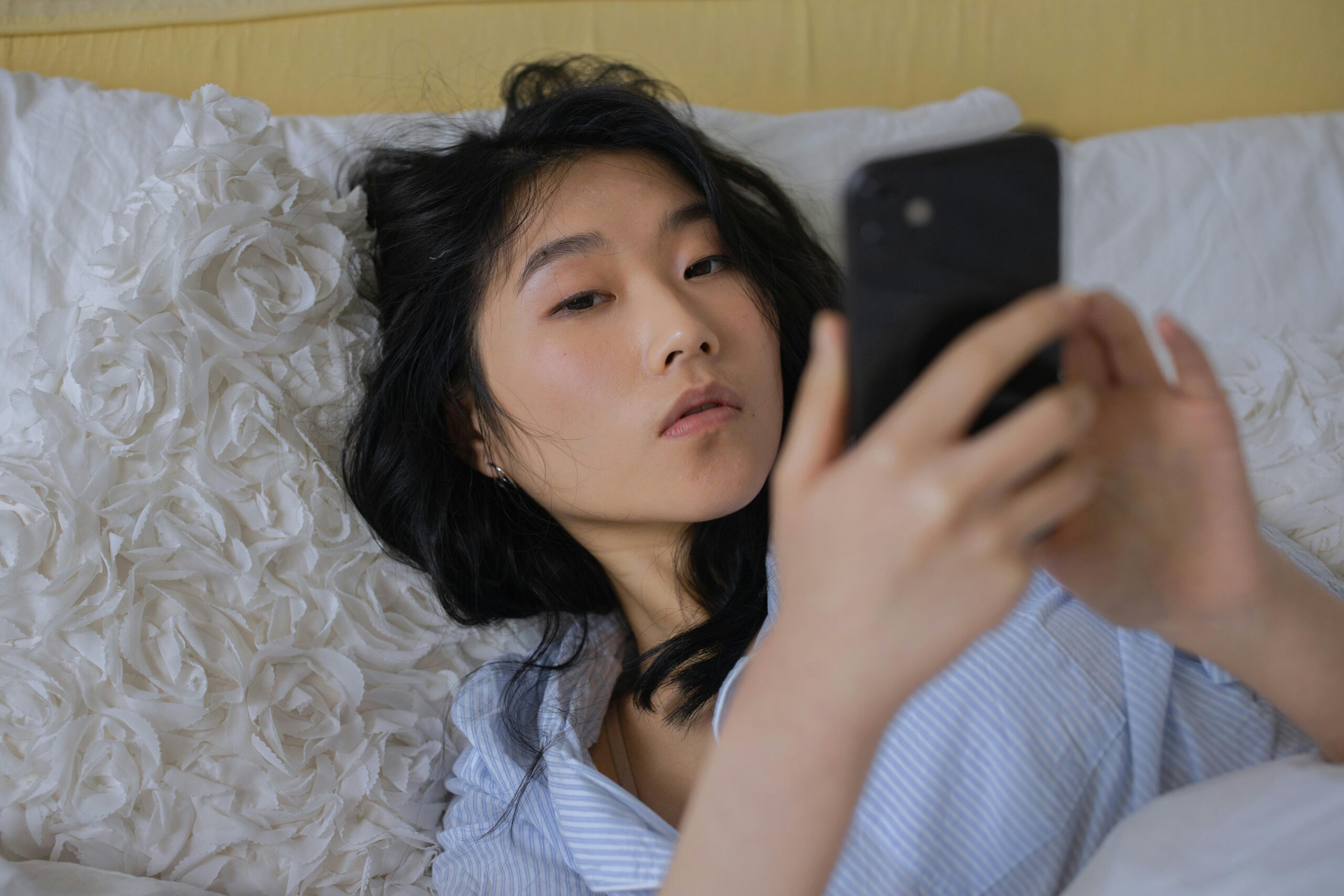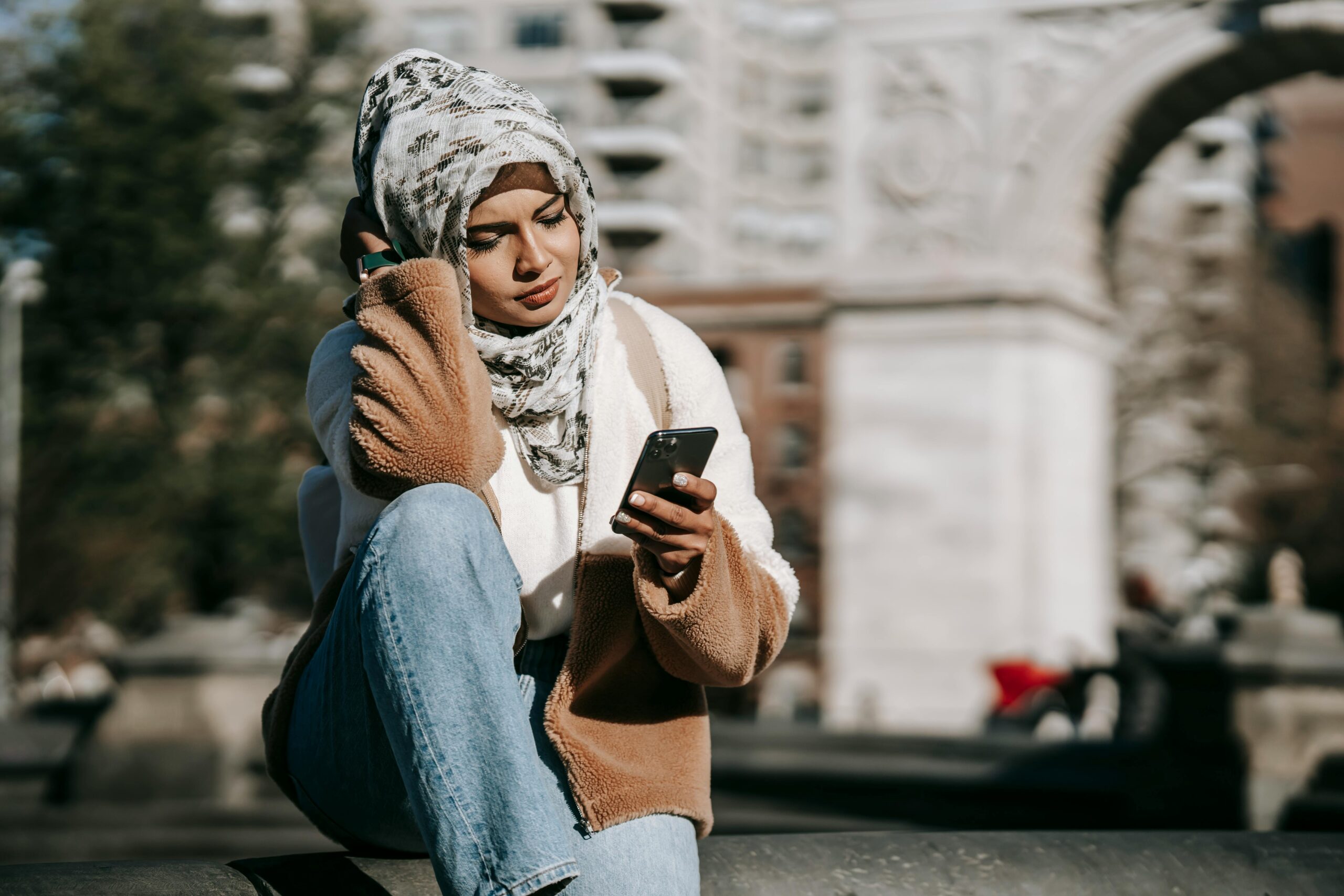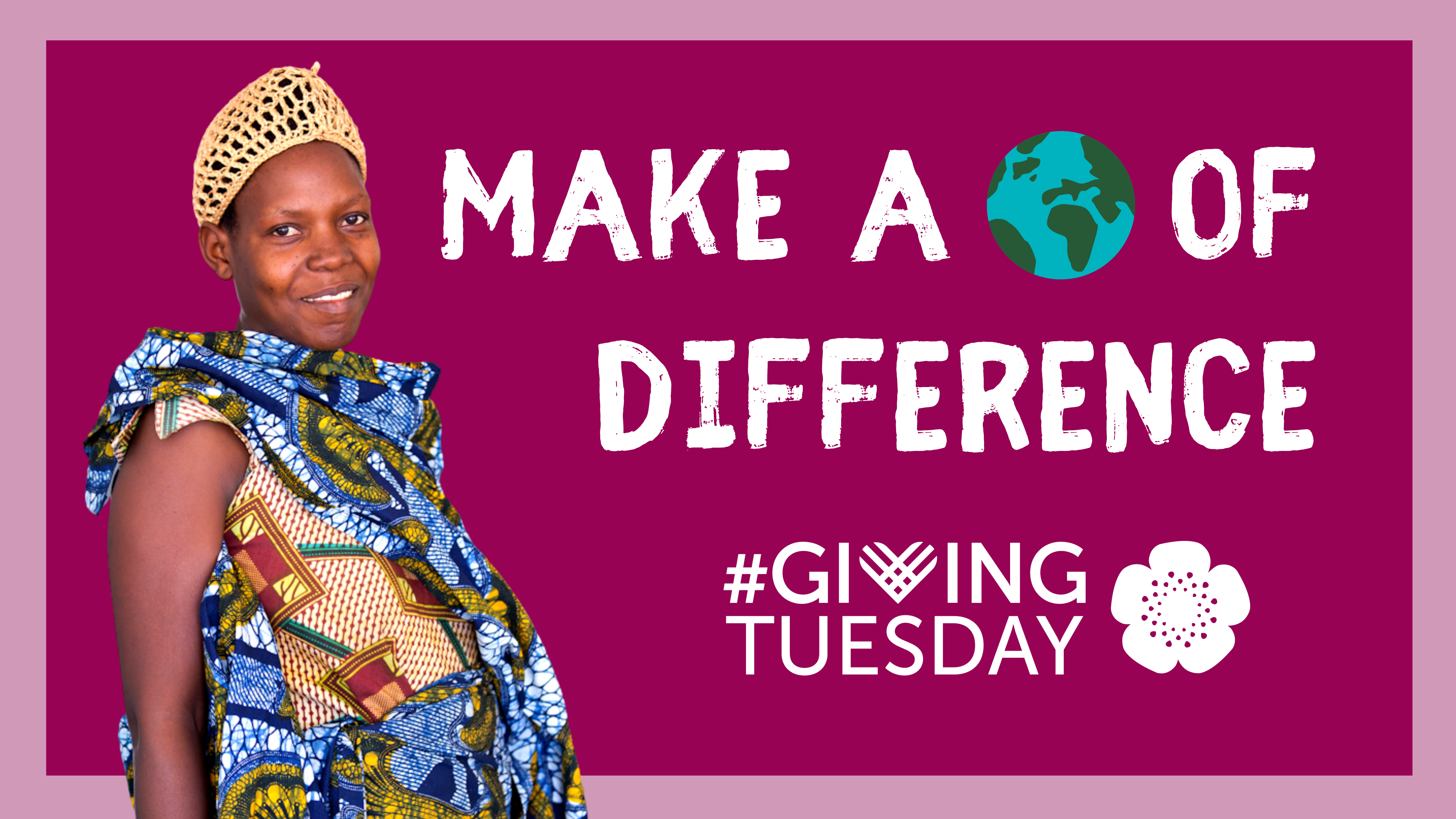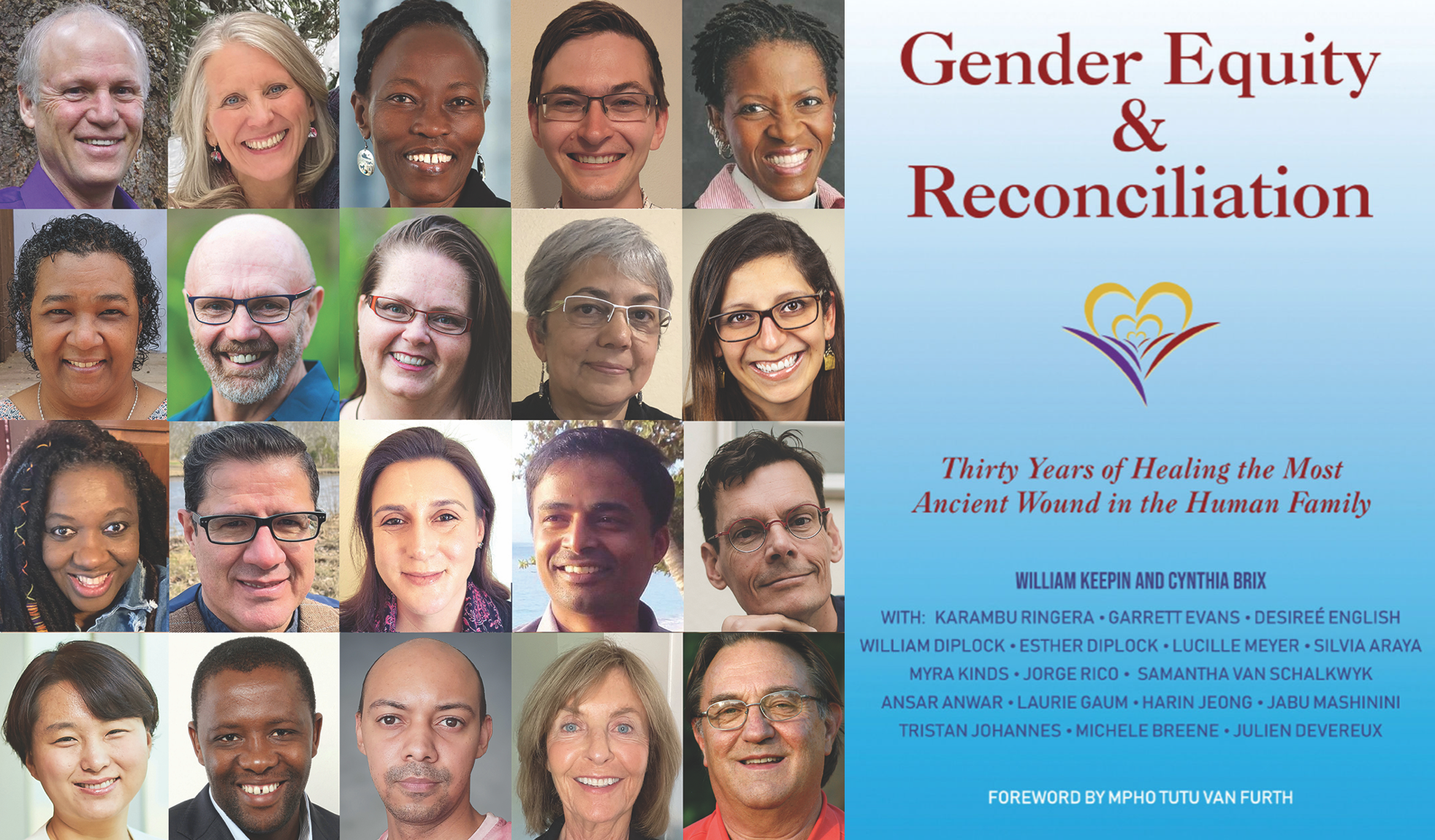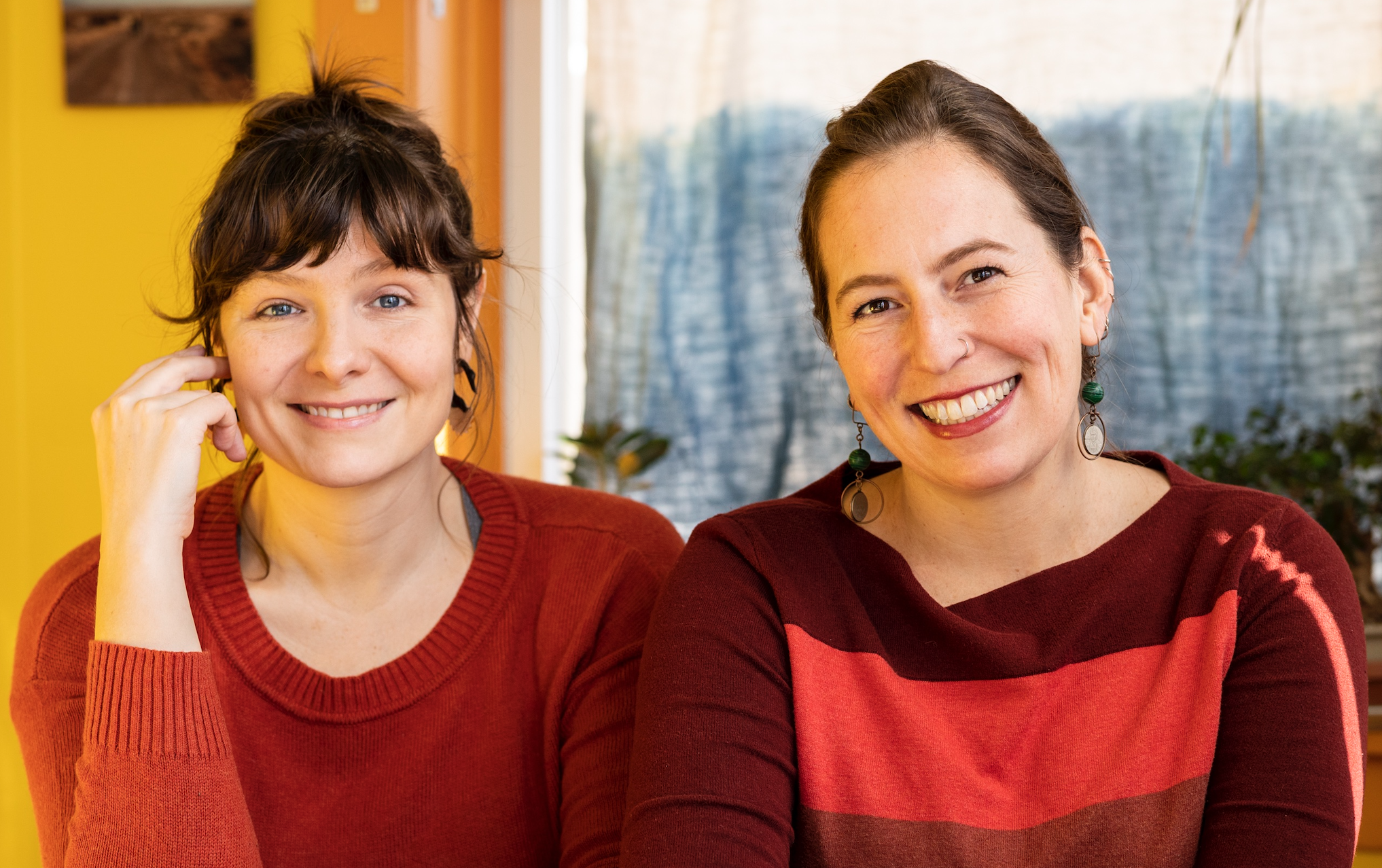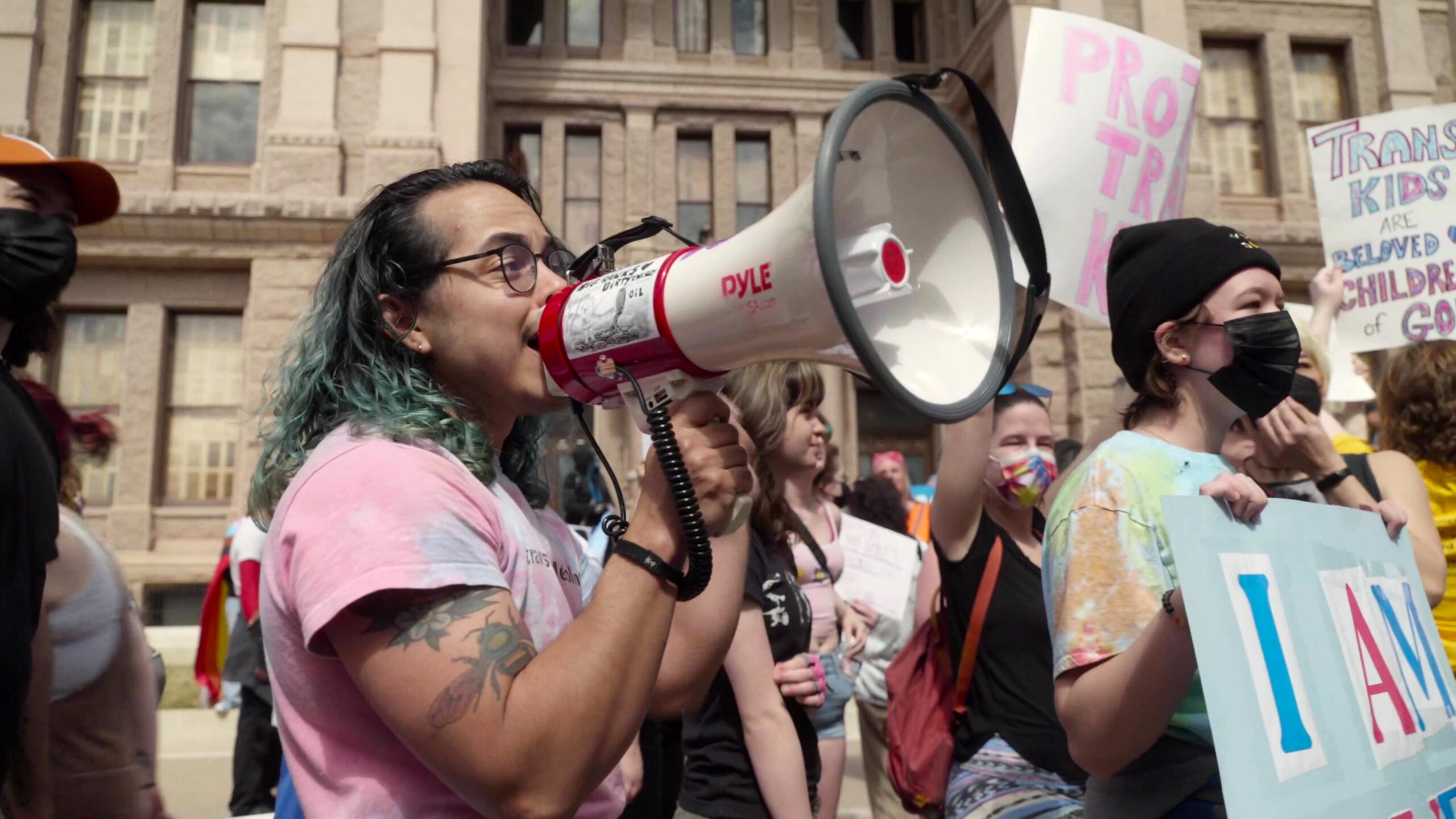
We’re all familiar with the term “red flag”, meaning a warning sign to take note of something, and typically change course or take action. Rarely, though, do people tell you what to do when you actually encounter them – especially when you’re in the thick of a relationship. When we are so deeply involved with our emotions and a number of socio-cultural factors are at play, it can become easy to ignore the warning signs. They end up becoming a lesson in hindsight for many. But what if there was a guidebook we could turn to, and frequently reference, to know whether we have a glaring big red flag in front of us and what we should do about it?
If you have been looking for a sign from the universe, here it is – author, marketing expert, podcast host and adjunct professor Brianna McCabe’s ‘The Red Flags I’ve (Repeatedly) Ignored’. Part-autobiographical, part self-help, Brianna candidly shares her own experiences of repeatedly ignoring red flags in dating and in her relationships. With the initial hope of cracking the code on sex, love, and relationships, instead Brianna learns what it means to actually love herself. She navigates the dating scene—eliminating potential boyfriends one red flag at a time—and shares all of her funny, raw, and real details with readers along the way.
‘Red Flags’ has been described by one reader as “the literal dating Bible”, and by another reviewer as the “book I wished I had in my 20s”. By sharing her stories she’s going to save your time. She’s going to save your energy. And most importantly, she’s going to save your heart.
Aside from her day job at a renowned public relations firm, Brianna also hosts a podcast called The Red Room, which has amassed more than a million views across TikTok and Instagram. Clearly, she knows what she is talking about, and has tapped into a cultural phenomenon that we’d all like to become better at spotting, in the hope of avoiding heartbreak or trauma.
We had the chance to speak with Brianna about what it meant to be vulnerable and candid about her own experiences in this book, why self-love is a key ingredient to being able to spot red flags, and what she hopes readers will be empowered by after picking up a copy of ‘The Red Flags I’ve (Repeatedly) Ignored’.

Before we begin talking about your book, can you break down what a red flag is, and why they are talked about so often in a number of contexts?
A red flag is a warning sign that something just isn’t right. It could be behaviors, mannerisms, or beliefs that misalign with your own core values and overall lifestyle. Essentially, it’s that gut instinct that’s telling you that there could potentially be problems or miscommunications in the future if this warning sign isn’t addressed – nonetheless if you decide to move forward with the situation. In the case of my self-help dating book, The Red Flags I’ve (Repeatedly) Ignored, the focus on red flags surrounds romantic relationships.
It’s important to note that the idea of what constitutes a red flag isn’t always universal, either. After all, these signs are circumstantial and vary from person-to-person in that, what one person may consider a red flag, another may deem a green flag. For instance, conversations surrounding politics or beliefs on having children can be perceived as positive (a green flag) or negative (a red flag) based on the sender and receiver of those messages. That being said, though, there are some deal-breaker red flags that individuals should be cognizant of, including but not limited to:
- Out-of-control anger problems
- Active substance abuse
- Physical or emotional abuse
The concept of red flags has been around for centuries. In fact, some researchers have argued that the first reference of them being used to denote a warning was around the late 1770s. With social media, though, the phrase has since exploded and overtaken our feeds in an almost clickbait-like fashion. In my opinion, the term can often be overused, misused, or misdirected in that, most of the time, people are calling out red flags in others but never within themselves and/or overexaggerating what a red flag actually entails. That said, though, I tend to find a lot of the conversations surrounding red flags to be engaging, entertaining, thought-provoking, or sometimes even humorous.
Now that we have that definition in mind, how does this apply to your life, and what are the biggest red flags you’ve (repeatedly) ignored?
Well, based on the title of my book one can assume (and rather accurately!) that I’ve repeatedly ignored quite a few red flags.
Essentially, it became this snowball-like effect where I allowed one unhealthy relationship to chisel away at my self-worth, which then sunk me to a place where I accepted even lower from a man, which then chiseled away at my self-worth, which then sunk me to place where I accepted even lower… until I finally hit rock bottom. It was at this moment that I realized in order to climb back to the top, I’d need to do it gradually while avoiding these boulders of red flags that made me stumble down further in the first place. Throughout my dating experiences, too, I remember having visibly seen all of the warning signs that told me that the relationship was doomed from the start (and trust me, this was echoed by my friends and family), yet I actively chose to pretend that they didn’t exist or that I could change them.
And so, I had to figure out why – leading me to embark on this self-exploratory journey where I leveraged my experiences to serve as lessons for others.
Some of the red flags outlined in my book include:
- He* calls all of his exes “crazy” without elaboration, discussion, or clarification.
- He immediately goes to sex within minutes.
- He cheats on you.
- He only ever talks to you on Snapchat.
- He’s not there to comfort you on your worst days.
*For the purposes of my book I use “he,” but state in the Introduction that I encourage readers to change to the pronoun(s) of their preference.
And through workbook-like callouts, for each individual red flag I explain how I rationalized them, what I should’ve done, what I forgive myself for, what I’ll do if it happens again, and most importantly, the self-love lessons.
That said, I also take accountability and call out my own personal red flags, such as:
- I stayed even after he cheated (despite me only wanting to be in a “monogamous relationship”).
- I snooped through his phone when he wasn’t looking.
- I easily grew an attachment to anyone and everyone in my life.
- I viewed myself solely as a sexual object.
- I relied on liquor to help me talk to (or get sexual with) men.

Why do you think so many of us in the dating game tend to ignore red flags? And what does that say about how we value ourselves?
This is a complex question with several compounding answers and factors, but I’ve simplified the root cause of why I believe we tend to ignore red flags with the following:
- Rom-coms and other forms of entertainment*
- Oppression of trauma
- Obsolete self-love
- The pressure of society*
*Mostly heterosexual female-specific.
Rom-coms and other forms of entertainment
Essentially, my belief is that females are conditioned to both yearn and vie for a male’s attention in order to feel complete. If you look at iconic rom-coms, most of the premises revolve around a woman chasing after love. Take Never Been Kissed (#90sBaby): the premise of the movie is that an insecure 25-year old copy editor who has never had a real relationship goes undercover in a highschool to write her first article, only to end up falling in love with her English teacher. While it’s a movie that I absolutely adore (plus Drew Barrymore is a queen in my eyes), the movie itself is proliferating the identity (or lack thereof) of a woman who is null of a man – and if you actually watch the movie now, you’ll look back and see a fair share of red flags.
But even prior to rom-coms, many of us grew up on cartoons and Disney movies where female characters mainly existed in supporting roles, at least until the release of Snow White. You had Minnie for Mickey, Petunia for Porky, and Olive Oyl for Popeye – again, reinforcing that a woman is nothing without that strong male lead.
This is what we’ve watched over and over and over again, further cementing these ideals into our minds and solidifying that it’s better to be in a relationship than to be alone (which, even if it’s unhealthy, we may falsely claim as being true).
Oppression of trauma
In my book I reveal some of the pivotal moments and unhealed traumatic experiences that influenced the decisions I made as an adult, including being bullied as a kid for being overweight, growing up in a dysfunctional household with stepfather who had out-of-control anger problems, having a father who completely abandoned me, and battling the loss of my home after it being completely engulfed by a fire in the fourth grade. Like clay, these factors molded me and changed me – and as an adult, it created an anxious attachment style which led to challenges in trust, communication, judgment, and intimacy. Ultimately, though, the pain that I harbored from all of this trauma made me feel like I wasn’t good enough, which then translated into the partners that I actively sought after and attracted.
If you’re struggling with managing trauma from your past, I highly recommend partnering with a mental health professional for effective strategies and mechanisms. Remember: to have a healthy relationship with others, you must first have a healthy relationship with yourself.
Obsolete self-love
When you have self-love, you have self-compassion, self-respect, and self-esteem while also embracing this sense of independence, acceptance, inner joy, and radiance. By treating yourself with kind, secure personal love, you set the example for others in how they should treat you. Whether you realize it or not, you do so by having boundaries, which act as filters that grant or deny someone access to you based on what you are willing to tolerate and deem as acceptable.
As you can then imagine, when you don’t have self-love, the inverse is also true. Factors that can impact self-love can start as early as childhood, such as experiencing neglect from your parents (which goes hand-in-hand with the idea of oppression of trauma).
You must view the relationship with yourself as sacred – and once that shift begins, the relationship with all others will have an increased likelihood of thriving.
The pressure of society
Society seems to place a much higher value on a woman when their identity is tied to being a wife and a mother – and this is exacerbated in the way that we choose to celebrate these moments. After all, in the United States alone the wedding industry was estimated to be worth about $70.5 billion as of 2022. And on a more granular level, the average cost of one bachelorette party hovers around $1,000 per person.
While celebrating these monumental life milestones are precious and should be honored (after all, I’m a sucker for a good love story!), we often don’t celebrate the accomplishments of the single woman. Let’s really think about it: what’s the likelihood that a group of friends would feel inclined to spend money (and time) for a weekend getaway to celebrate something you deem noteworthy, such as finally opening your business? And let’s take it a step further: would they actually take you seriously, or would they scoff it off?
Though this may be a controversial take, it’s one that needs to be considered and evaluated. If you’re a single woman who isn’t the focal point of these grandiose events, this can lead to feelings of isolation, depression, and self-deprecation, all while potentially making you feel like there is something wrong with you for not having been “chosen.” (News flash: that’s incorrect.) If this pressure starts to become overwhelming, you may find yourself in a position where you’re accepting anyone and everyone just to feel welcomed by society.
Once we start to dig into our own root causes, we’ll start to recognize and become aware of what we’ve allowed – and what we’ve ignored. We must then ask ourselves: are we really ready to heal the parts of us that accepted these red flags?

Your book has been described as the literal dating bible! What do you want people on the dating scene to read and learn from this, and how should they be using it?
Ah, thank you! That’s truly such a beautiful compliment that still feels so surreal.
With my book, the goal is that people find as much value in reading it as I did writing it. So as a reader, my hope for you is that you put yourself in my shoes in an attempt to feel how I felt, experience the highs and the lows, and imagine yourself as my character so that you don’t need to go through those experiences in real-life because you’ll have already learned from having “lived” through my decade of dating mistakes.
There’s also a section in my book called “The Red Room” where I encourage readers to grab a pen and paper and take a deep, intrinsic look within while I ask some critical questions, such as:
- What are my values – especially in a relationship?
- What am I looking for from a partner?
- What am I not willing to accept?
- What will I do if I recognize the signs?
- What part have I played in past relationships?
There has been so much thoughtful analysis lately from authors, commentators, and other leaders about the purpose of relationships/marriage, and how it has changed so much from the days of (especially) women needing security and to be taken care of by a man, no matter the unintended consequences (unhappiness, violence, age gaps, etc). Can you share your perspective on this, and how putting self-respect at the center of decision-making can be a powerful guide to avoiding pitfalls?
According to a recent Pew Research Center Study, 29% of marriages are egalitarian, or one in which both individuals view their partners and contributions as equal. As the female’s finances have increased, too, Pew has found that the share of marriages in which the husband is the breadwinner has also declined.
Now more than ever, this data conveys the power that women harness to truly be independent, as opposed to codependent, on a partner. Without the forceful pressure that was once was exerted on women to have to marry, women can now freely choose whether or not they want to marry.*
That freedom of choice in a partner alone is liberating, yet should be used wisely and only on relationships that are healthy and aligned with who you are at your core.
*This is taking into only marriages that are based on free-will, not forced, trafficked marriages which is still a pressing concern.
With more and more women choosing to marry later, and either have kids later or not at all, what are some of the biggest takeaways you can share about these growing trends, with how it relates to red flags or our sense of self-worth in general?
The data doesn’t lie: a 2023 Pew Research Center Study found that a quarter of 40-year-old Americans have never been married, which is an all-time high. There’s even the rise of double income, no kids (DINKS) couples who would rather use their freedom to travel.
The motivation behind this is multi-layered, with factors such as student loan debt, the instability of the housing crisis, and economic uncertainty. If you take finances out of the equation, though, I think intrinsically it means that people are veering away from what was once considered traditional – tapping into their own sense of self and harnessing what it means to them to live a fruitful life.
With this in consideration, what you need to really do now is think:
- What do you want out of this life? (i.e. Do you want kids? Marriage? An open relationship? A life filled with travel?)
- How do you envision your future?
- What are you willing to “wiggle” on?
- What are you absolutely not willing to budge on?
Solidify these values and make sure that you openly communicate these principles while dating. Then, use the responses from potential candidates to decide whether or not you proceed with subsequent dates. For instance, if you’re a person that firmly doesn’t want to have kids, but you’re on date #6 with a person who has adamantly stated that he wants three children, that’s a misalignment in your dating goals and should be considered a deal-breaker red flag.
Can you tell us more about the biggest lesson you have learned from the red flags you previously ignored?
In order to find myself within the comforting embrace of a romantic lover, I must first embrace my own true self.
What encouragement or advice would you give to someone looking to find healing from an awful or toxic relationship, in order to not give up on themselves?
Take a deep breath in, take a deep breath out, and take a second to realize that you are still here – and that you’ve made it another day. There’s so much power in that.
And there’s so much power in all that is you.
As hard as it may be to detach from that previous relationship, you must remember that a version of you existed before that relationship (and partner) and that a version of you will exist after that relationship. Maybe this “new” you will be evolved after having experienced certain situations or feelings (and that’s okay!), but you’re still beautiful and still independent of any past partner nonetheless.
With that awareness, you must now do whatever it is that helps you rebuild that love within yourself. For me it was writing (and occasionally downing an entire pint of Ben & Jerry’s ice cream), but for you that may be painting, singing, hiking, dancing, traveling, or maybe some kind of combination of the above. Whatever fuels you, you must hold onto in order to ignite that fire within you.
Do seek comfort in your friends, family, neighbors, support groups, and/or mental health professionals and lean into them for support. (And you must remember that you are never alone – especially in this world of connectivity.)
Also, be sure to make an active effort to speak kindly to yourself. Trust me, I know it’s not always the easiest, but I promise that after looking at myself in the mirror every day and reminding myself that I am beautiful, I now fully believe it. (In fact, I now refer to myself as a “beautiful Renaissance painting” despite taunts from exes regarding my thicker frame.) Cognitive behavioral therapy is a real phenomenon that has changed my life, and I fully believe it has the capability to change yours, too.
And most importantly, over time you must make a valiant effort to reclaim your power, nurture it, and be selective as to who you allow into your life so as to never allow someone to drain that from you again.
You’ve got this. I believe in you.
You can purchase a copy of ‘The Red Flags I’ve (Repeatedly) Ignored’ HERE, see more of Brianna’s work on her website, and follow her on Instagram and TikTok.












